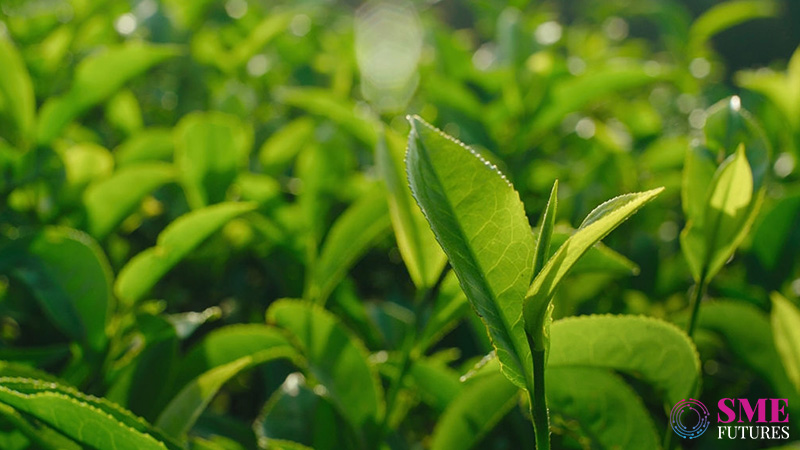The Tea Board of India has proposed to bring in a new Act by replacing the current Tea Act, 1953 for the betterment of the tea industry.
“After more than 68 years, some of the existing provisions of the Tea Act, 1953 have become redundant by efflux of time, for which it has been proposed to bring in a new Act in place of the present Act under which the Tea Board will act as a facilitator for the benefit of the tea industry,” the proposed draft bill read, as reviewed by IANS.
The Board, through the bill, intends to remove the “archaic” provisions which have become irrelevant in today’s context.
Besides, it proposes to introduce new objectives, functions, and powers for the Board so that it can act as a facilitator for optimising the development, promotion and research in tea industry and help improve production, export and quality of Indian tea.
The proposed draft bill is named Tea (Promotion and Development) Bill, 2022.
The Board invited people to submit their views and suggestions on the draft Bill. However, the Parliament’s approval would be needed thereafter for it to become an Act.
The Board aims to optimise the production, sale (including through e-commerce platforms) and consumption of tea.
Besides, it will focus on promoting the quality of tea cultivation and tea which is consumed in India and exported from the country, promoting branding, product diversification, value addition, packaging etc.
It also intends to encourage fair and remunerative prices for tea growers while safeguarding the interests of tea plantation workers; and increasing awareness among the general public about the tea industry in India.
Scientific and technical research in the tea industry will be introduced for the greater interest of the industry.
The Indian tea industry has been stuck in a perfect storm for the past several years on concerns such as uncompetitive prices, lack of quality crops, rising labour costs as well as subdued export demand.
Tea production is a high-cost business, with 60-65 per cent of the input costs going into labour wages. The rest goes into coal, gas, fertiliser and other machinery.
The Covid pandemic further exacerbated the industry’s prospects. Also, some other major tea-producing countries are giving Indian tea producers tough competition, especially on the price front.
India produces on an average 1,380 million kg of tea annually, and is one of the top growers of the commodity in the world.
The country’s tea sector employs around 1.2 million workers and contributes 23 per cent to the global output.











